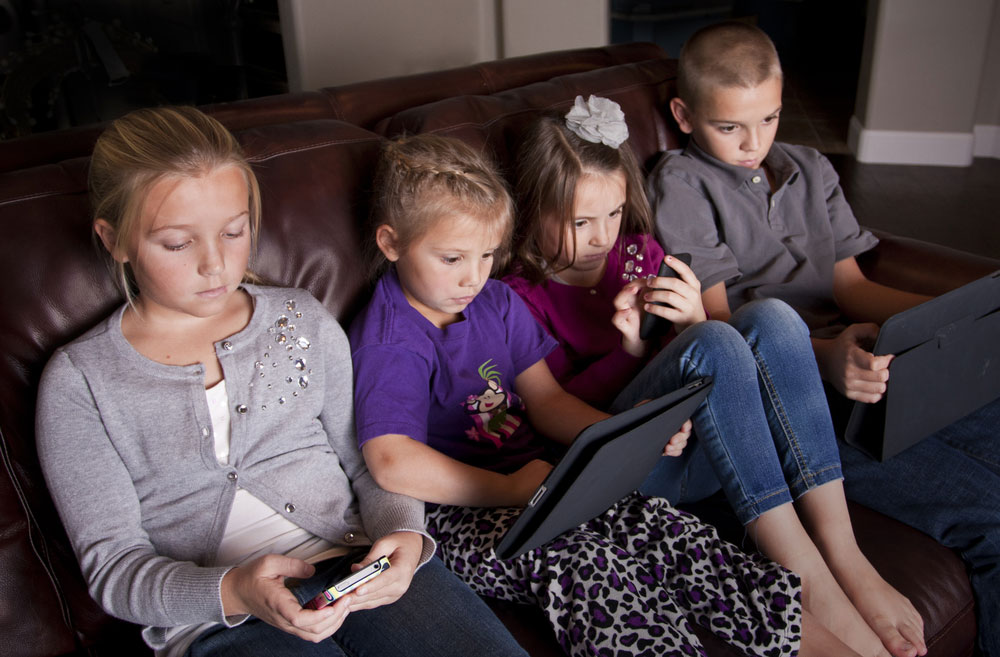embodies a distinctive form of memory that bolsters the development of neural networks in order to help one’s brain better tackle repetitive behaviors.
Others are more convinced that internet addiction should be treated in the same manner as a substance abuse disorder. Psychologist Kimberly Young, Ph.D is one of the most outspoken proponents of classifying internet addiction as a full-blown disorder, and her work has led to the first hospital-based treatment center for internet addiction at the Bradford Regional Medical Center in Bradford, Pennsylvania.
Achieving balance
There are steps parents can take to help children find balance when it comes to screen time. The American Academy of Pediatrics released a policy statement regarding young Americans and their media consumption, providing guidance to parents concerned about their children’s internet use. The statement advised parents to place boundaries on the amount of screen time children were allowed, to never allow children to have a television in their bedroom, and to co-view movies in order to use them as a conversational springboard.
While it may not yet be clear whether internet addiction should be considered analogous to an addiction to drugs or alcohol, moderation is key. While some parents may have a hard time setting a positive example for their children when it comes to internet usage, remember: even Silicon Valley legend Steve Jobs ensured that his children were not allowed to use cellular devices during dinner. Similar boundaries may prove fruitful in teaching children moderation when it comes online media consumption.
















